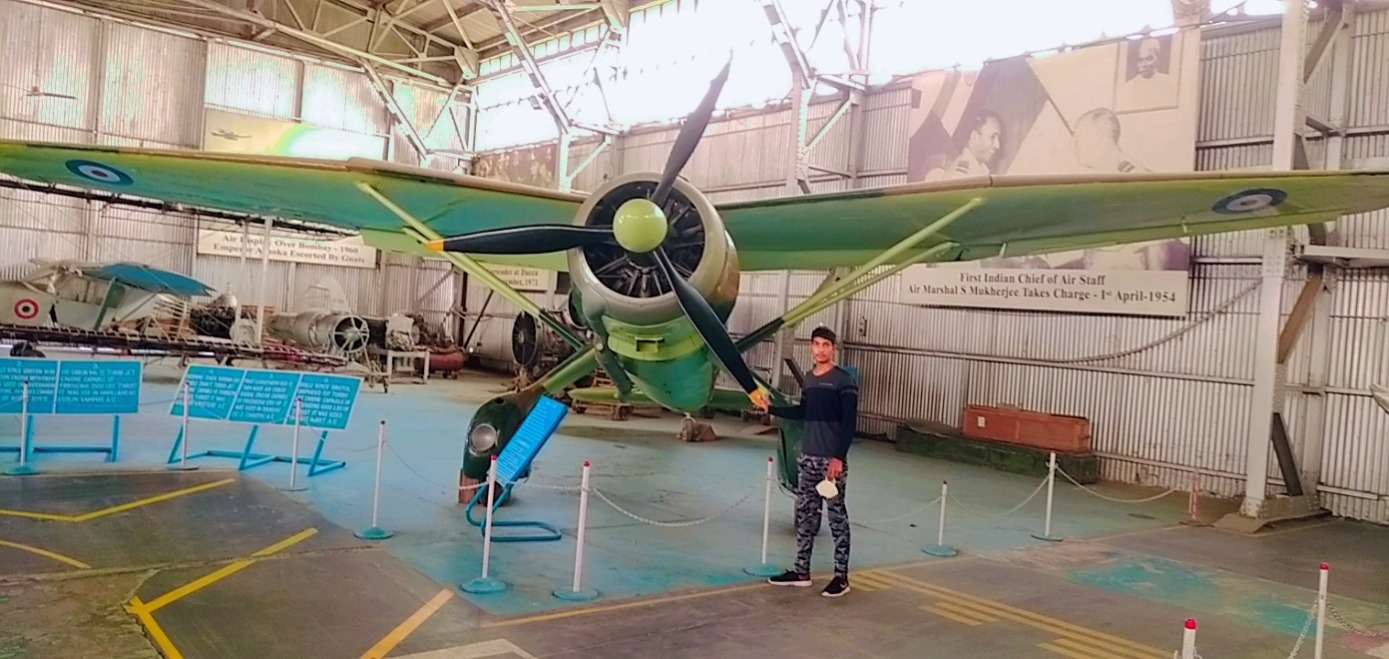There are no items in your cart
Add More
Add More
| Item Details | Price | ||
|---|---|---|---|
Fresh SSB batches starting 17th July. Referred articles were published in The Hindu.
1. India, China must move forward on de-escalation, Jaishankar tells Wang
NEWS IN SHORTS

Sachin Jangir